What Is An Example Of An Ethical Dilemma
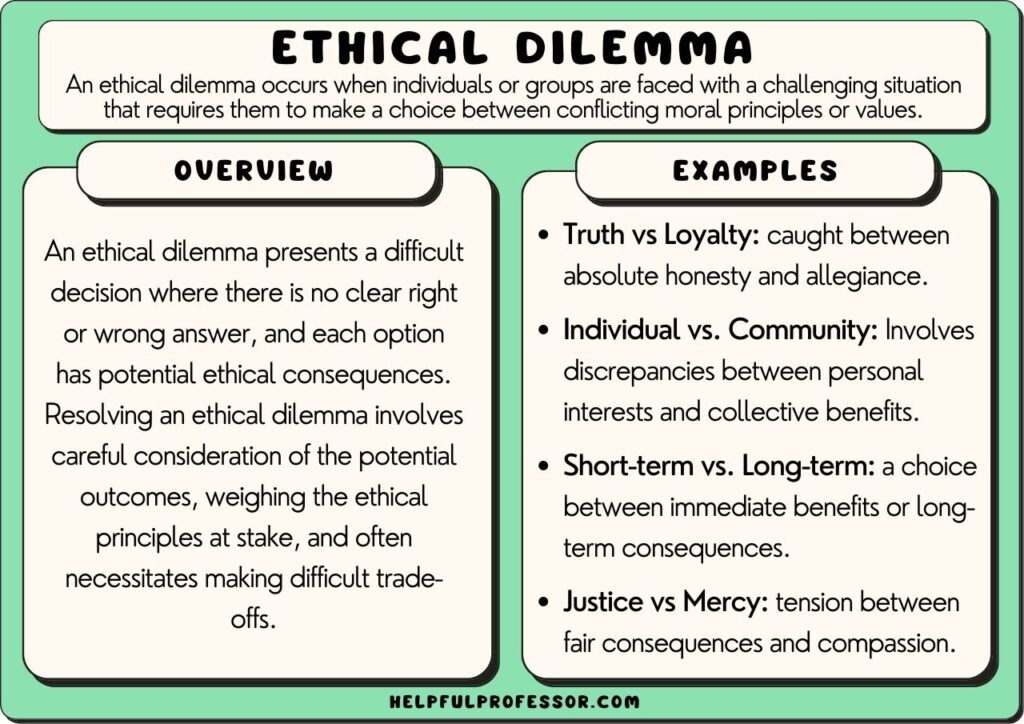
Imagine you're a doctor, weary after a long night shift. A patient, a young mother with a rare disease, desperately needs a medication your hospital can barely afford. The hospital administrator, facing budget cuts, hints that prioritizing a wealthy donor's upcoming cosmetic surgery would significantly ease the financial strain. Your oath compels you to prioritize patient care, but the potential consequences ripple outwards, affecting the entire hospital, its staff, and countless other patients. What do you do?
This scenario, though fictional, embodies the essence of an ethical dilemma: a situation where one must choose between two or more conflicting moral principles or values. It's not simply a choice between right and wrong, but rather a decision where each option carries some degree of ethical weight, making the "right" path unclear and often fraught with consequence.
The Core of Ethical Dilemmas
Ethical dilemmas are pervasive, touching every facet of our lives, from personal relationships to professional obligations. They arise when deeply held values clash, forcing us to weigh competing principles and make difficult choices. The absence of a clear-cut solution distinguishes these situations from simple moral decisions.
Think of a software engineer discovering a security vulnerability in a widely used application. Revealing the flaw publicly ensures user safety but risks potential exploitation before a fix is implemented. Silencing the discovery protects the company's reputation but leaves millions vulnerable. This tension between transparency and responsibility defines the heart of the dilemma.
Real-World Examples and Their Significance
Ethical dilemmas are not abstract concepts; they are real-world challenges with tangible impacts. Consider the case of whistleblowers, individuals who expose unethical or illegal activities within an organization. Their actions, driven by a commitment to justice and integrity, often come at a significant personal cost, including job loss, social ostracism, and even legal repercussions.
In the realm of business, the pressure to maximize profits can create ethical quandaries. A company might face a decision to outsource production to a country with lower labor costs, boosting profits but potentially exploiting workers. This highlights the conflict between economic efficiency and social responsibility. According to a 2023 report by the Ethics & Compliance Initiative (ECI), pressure to meet targets is a leading cause of unethical behavior in the workplace.
Another example lies in environmental conservation. Balancing economic development with environmental protection often presents difficult choices. Building a new highway might stimulate economic growth but destroy a vital ecosystem. A decision to restrict fishing in a certain area might protect endangered species but harm the livelihoods of local fishermen. These dilemmas underscore the need for careful consideration of long-term sustainability and intergenerational equity.
Even in our personal lives, ethical dilemmas abound. Suppose you discover that a close friend is cheating on their partner. Do you tell their partner, risking your friendship and causing pain, or do you remain silent, condoning the deception? This illustrates the conflict between loyalty and honesty.
Navigating the Murky Waters
There is no universally applicable formula for resolving ethical dilemmas. However, several frameworks can help guide decision-making. Utilitarianism, for example, suggests choosing the option that produces the greatest good for the greatest number of people.
Deontology, on the other hand, emphasizes adherence to moral rules and duties, regardless of the consequences. Virtue ethics focuses on developing good character traits and acting in accordance with virtues such as honesty, compassion, and courage. Applying these frameworks, however, still often leads to complex deliberations.
Ultimately, navigating ethical dilemmas requires careful consideration of all relevant factors, including the potential consequences of each option, the values at stake, and the perspectives of all stakeholders involved. Open communication, critical thinking, and a willingness to engage in honest self-reflection are essential.
Ethical dilemmas serve as reminders of the complexities of human experience and the importance of continuous moral growth. Embracing these challenges with thoughtful deliberation can lead to a more just and compassionate world.
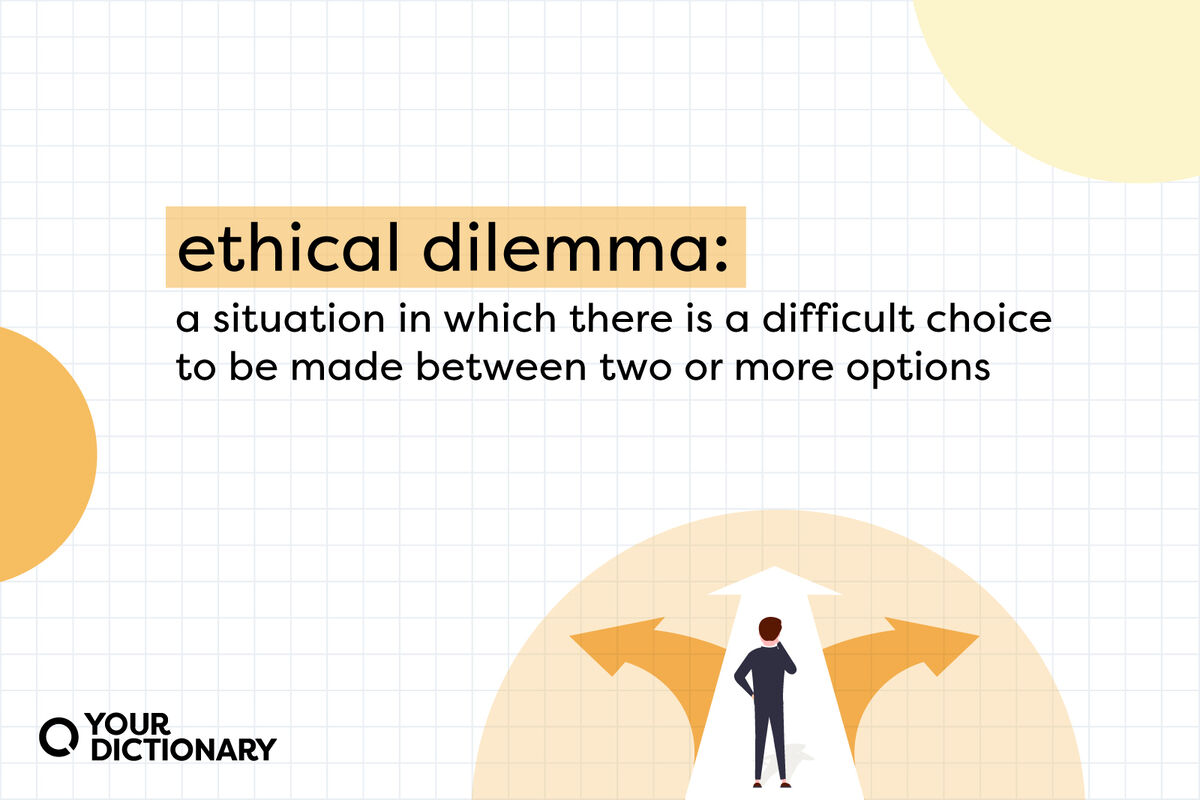
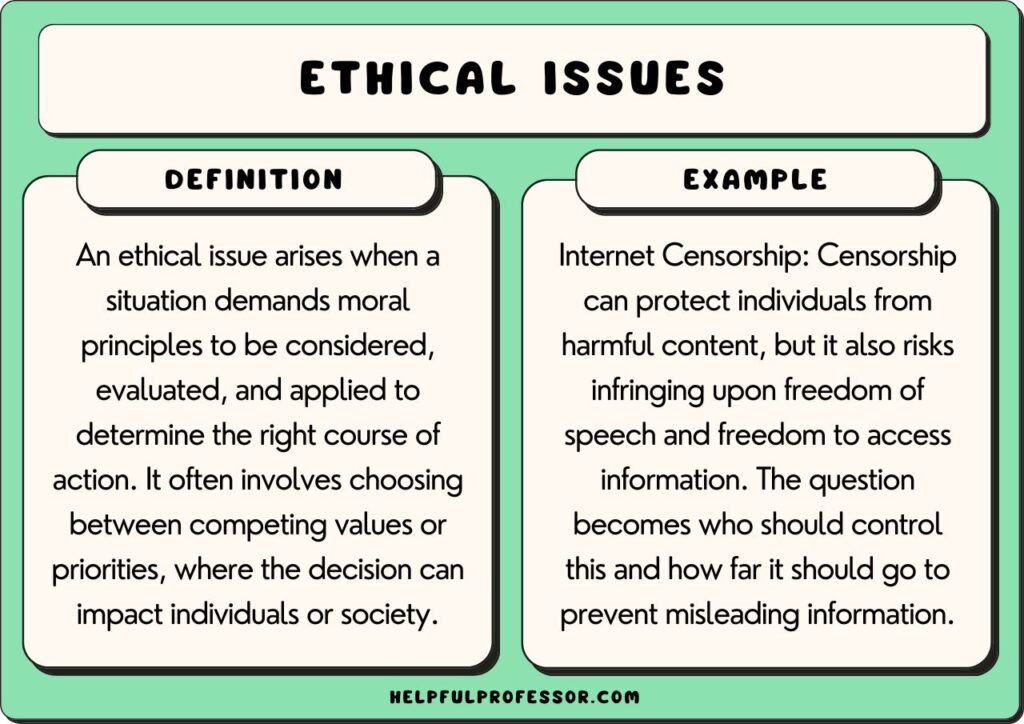
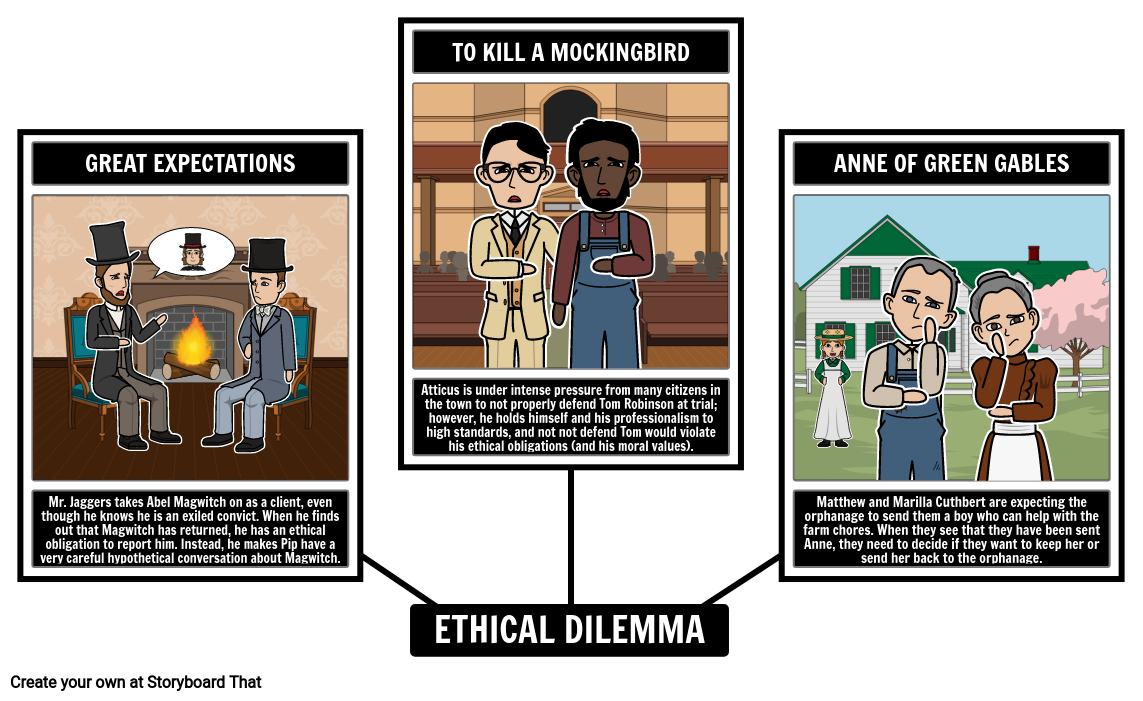

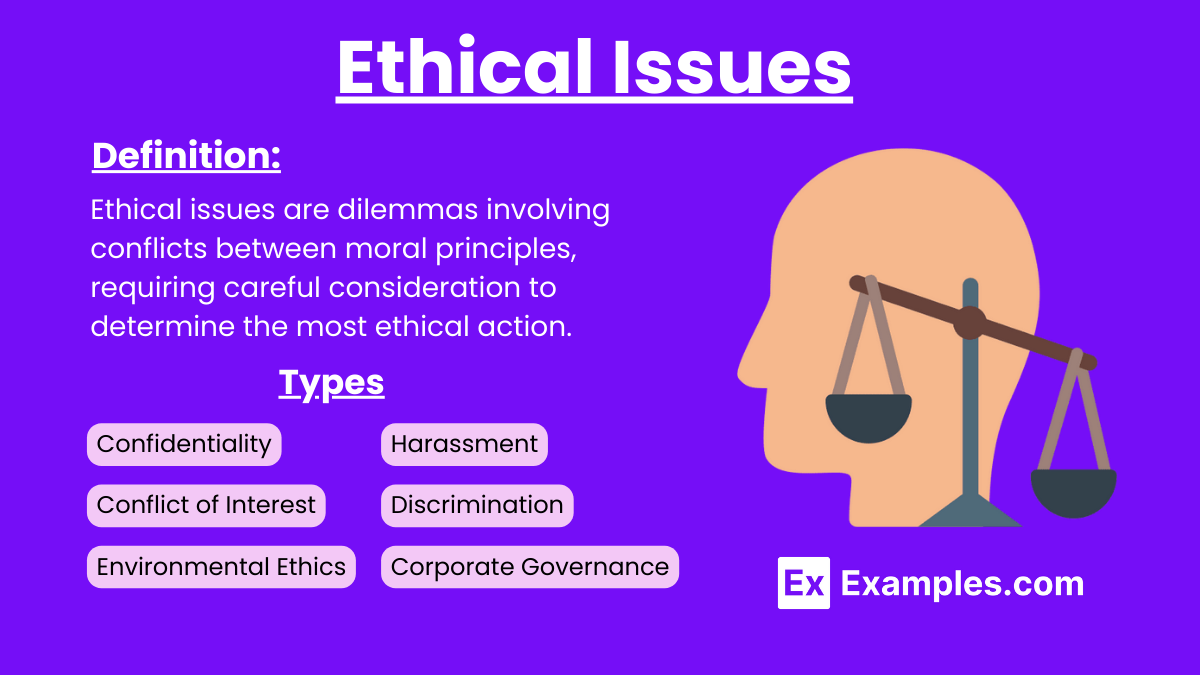
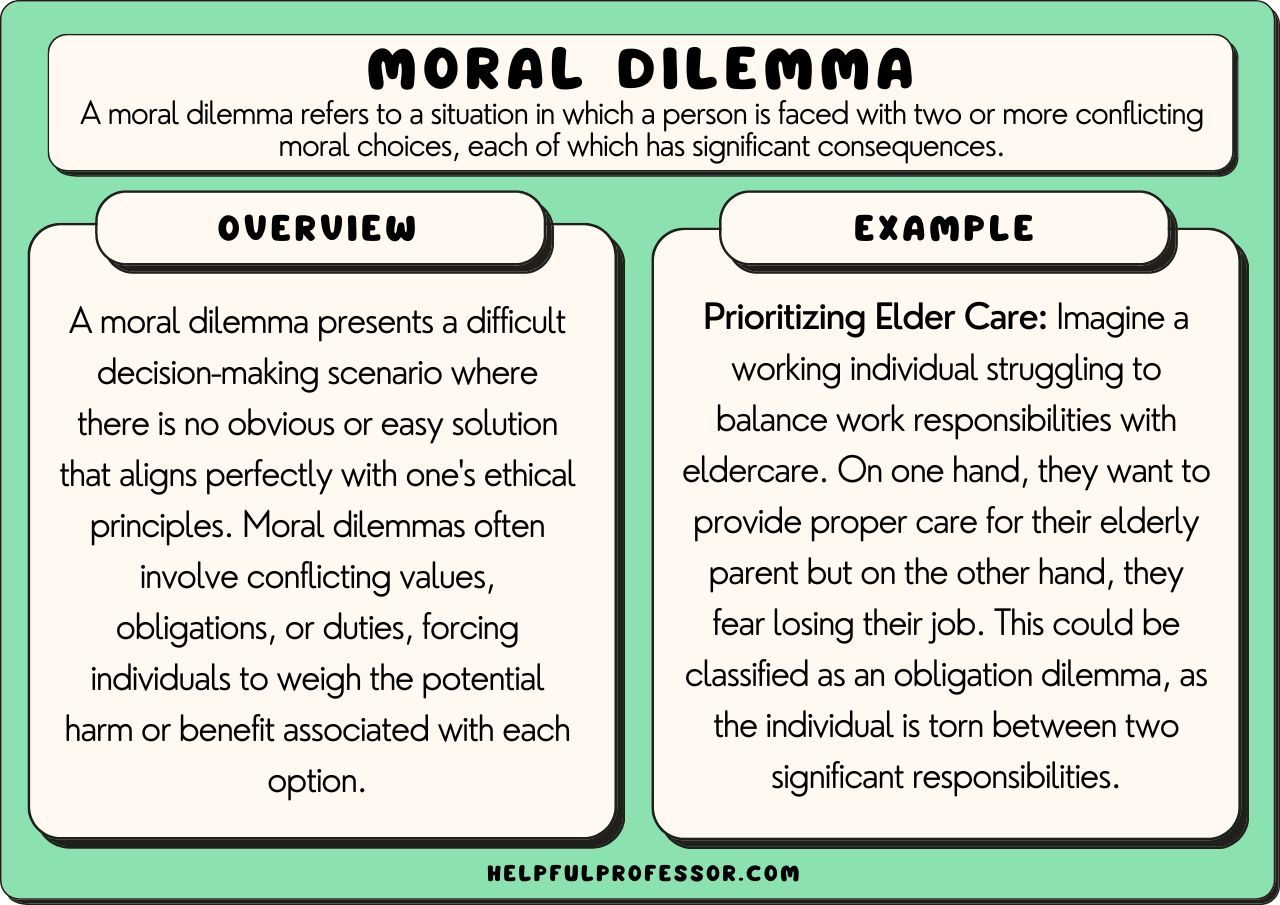
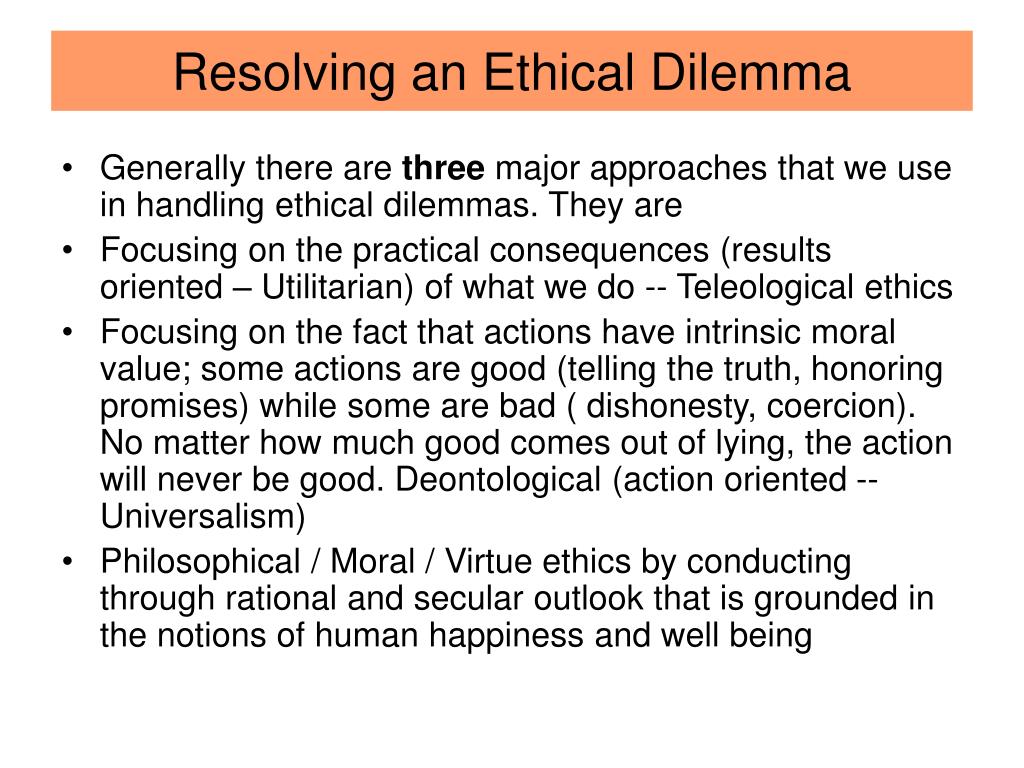
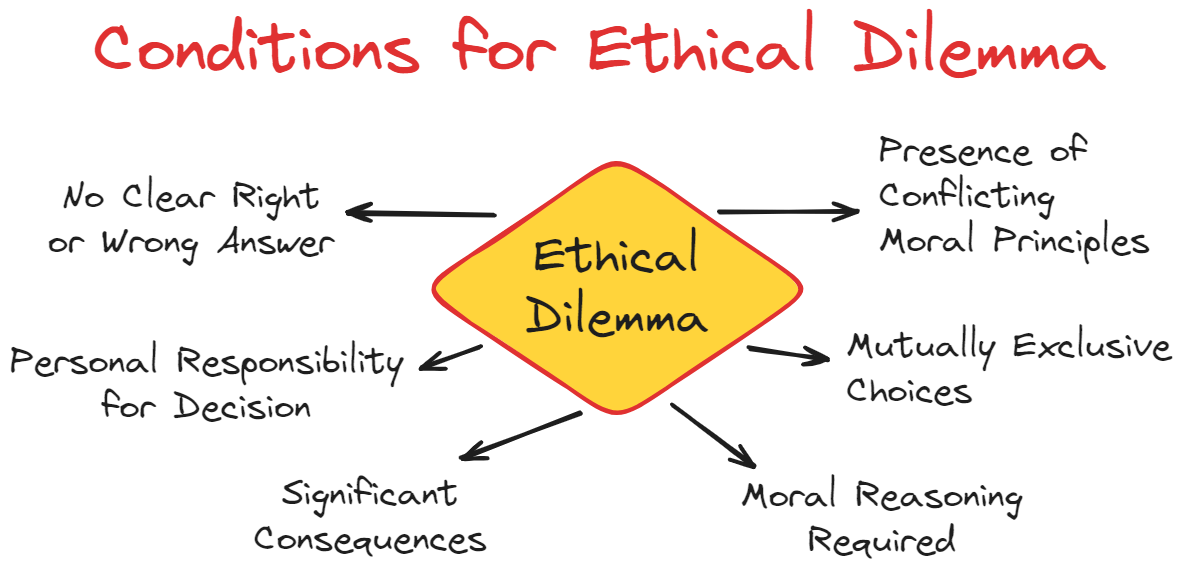
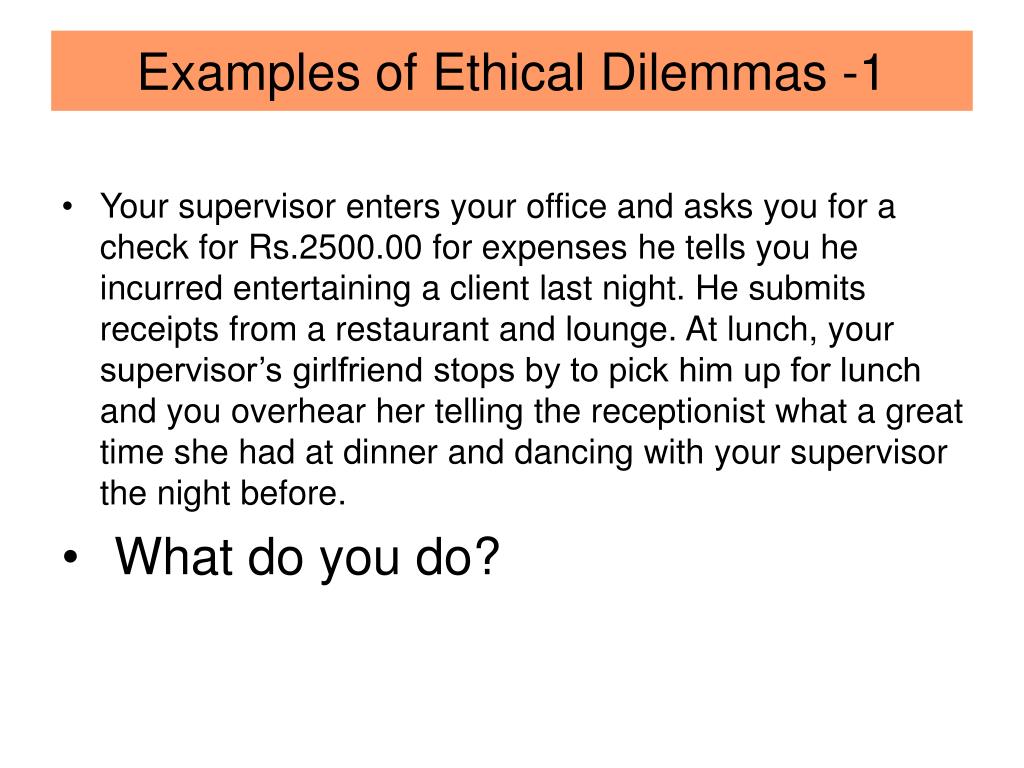


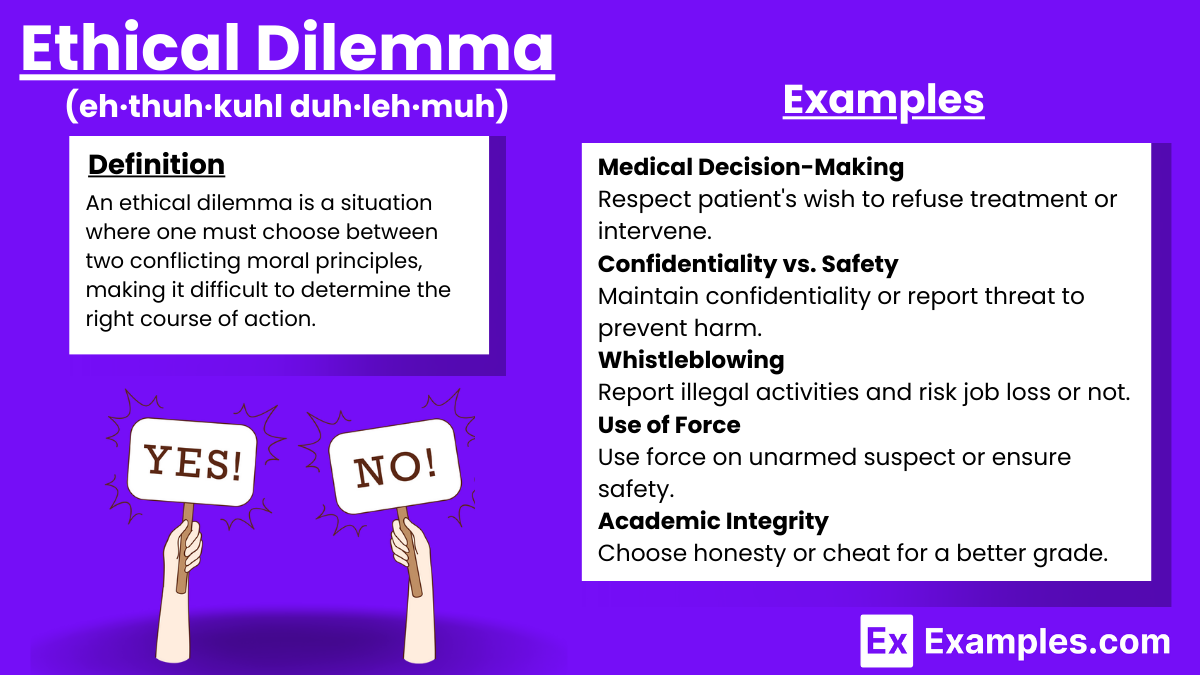
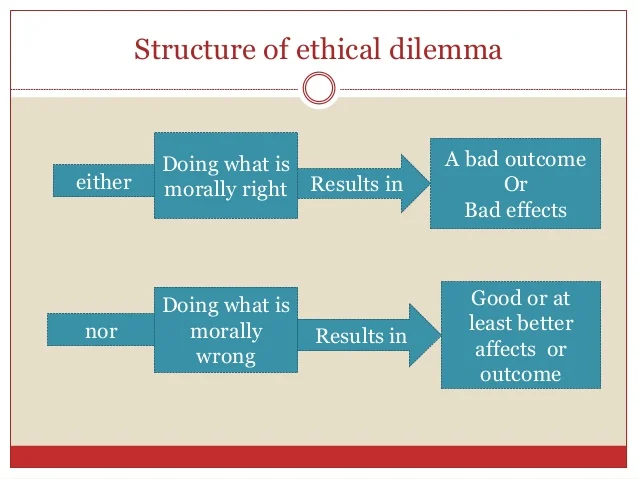
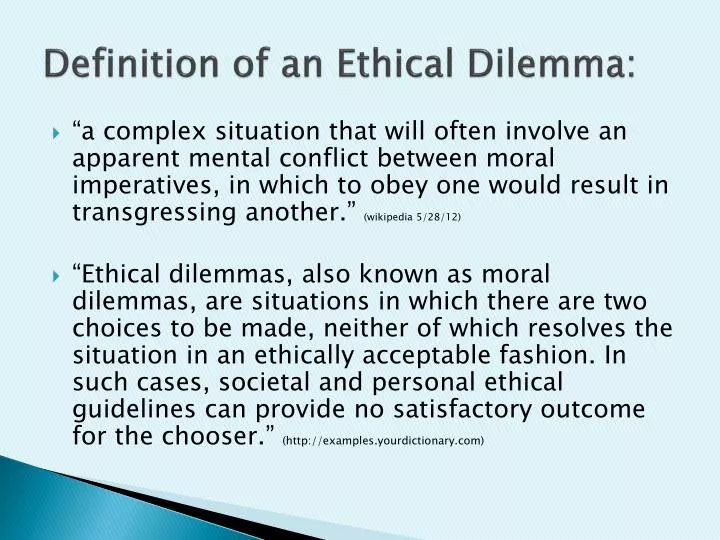
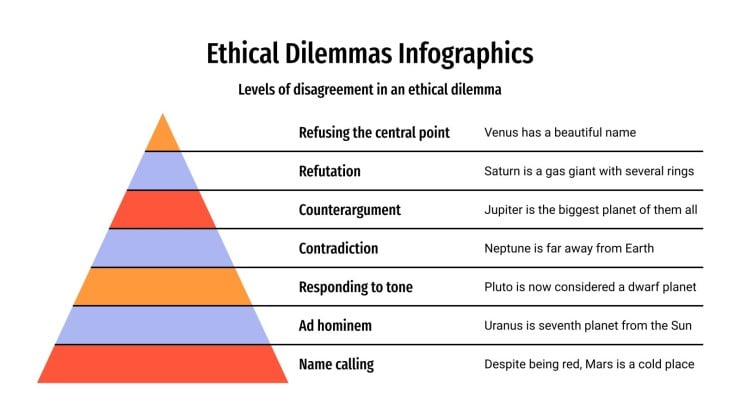


![What Is An Example Of An Ethical Dilemma Overview Of What An Ethical Dilemma Is: [Essay Example], 522 words](https://gradesfixer.com/wp-content/uploads/post-preview/33266-post-preview.webp)
